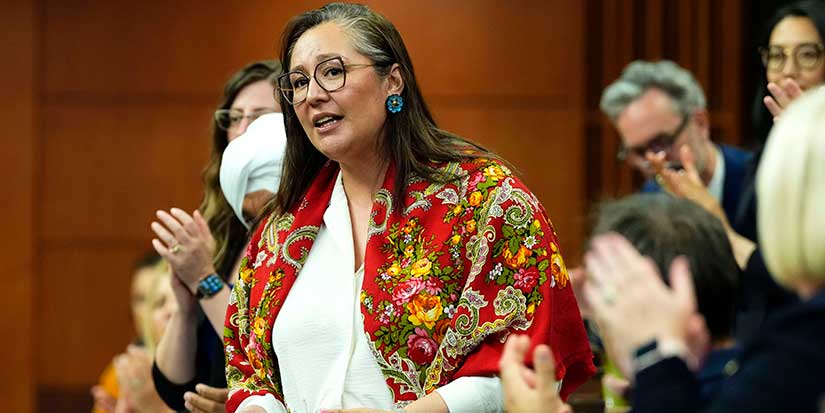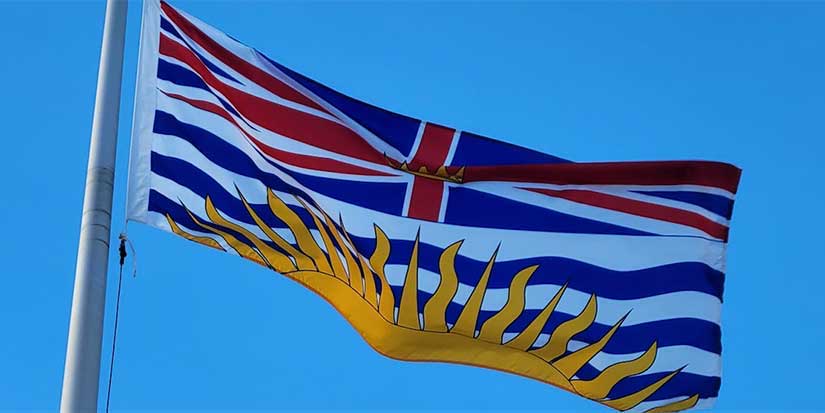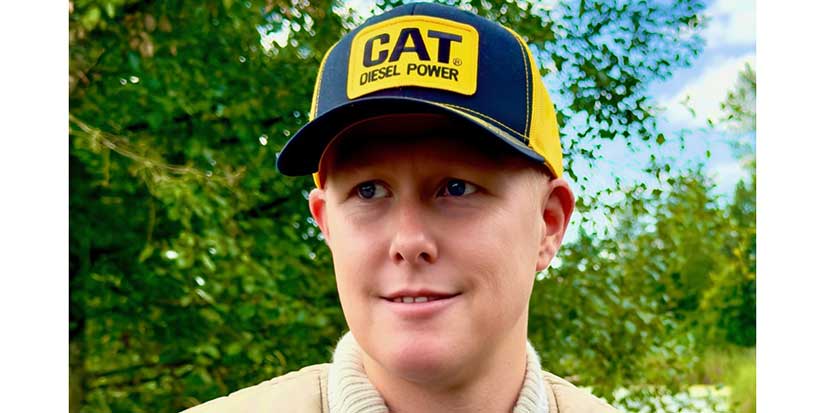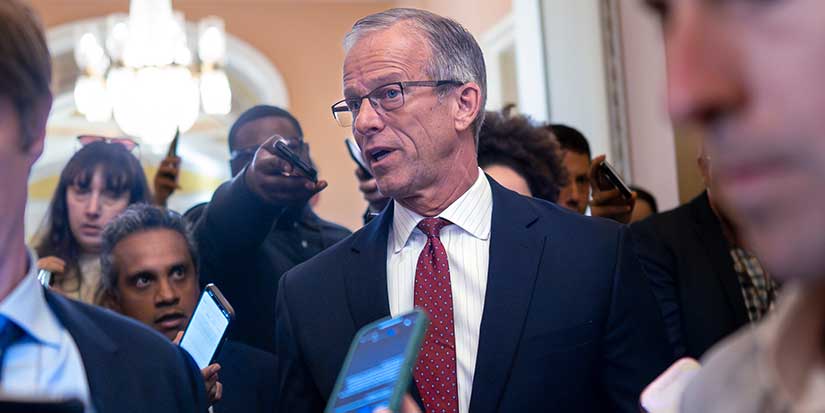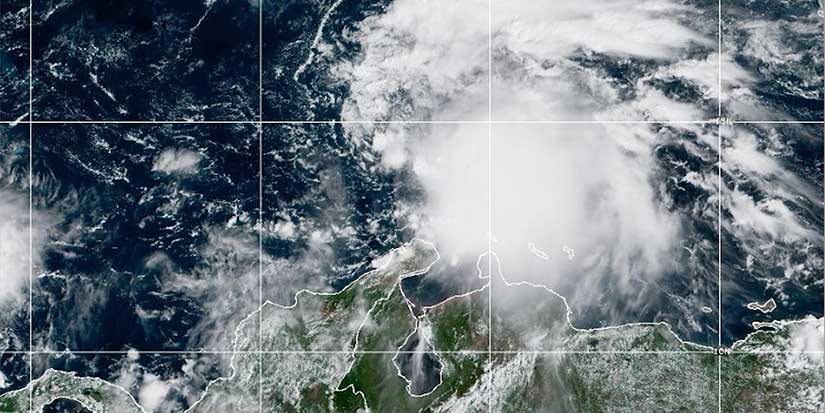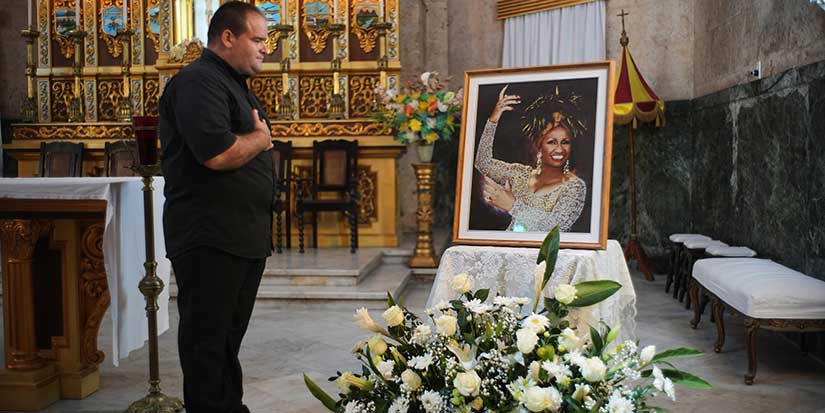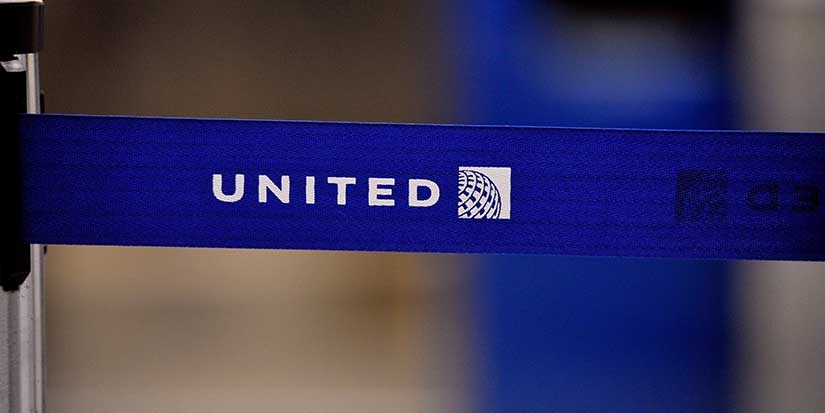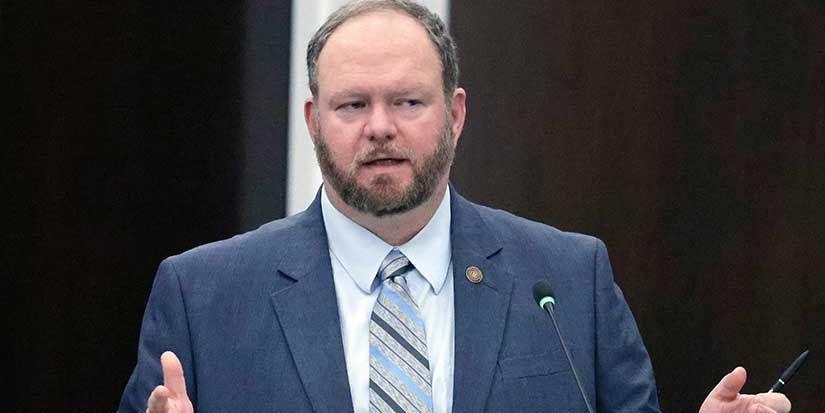National News
Indigenous Services failing to improve critical First Nations services, audit says
Published 10:54 PDT, Tue October 21, 2025
Last Updated: 12:31 PDT, Tue October 21, 2025
—
Indigenous Services Minister Mandy Gull-Masty defended her department Tuesday after a damning auditor general's report said it's falling far behind on addressing long-standing health and infrastructure problems in First Nations communities.
Despite an 84 per cent increase in its spending since 2019, Indigenous Services Canada has struggled to expand access to clean drinking water and emergency services in First Nations communities, Auditor General Karen Hogan's report said.
Hogan found the department has failed to implement roughly half of the recommendations her office made between 2015 and 2022.
Speaking to reporters in the House of Commons, Gull-Masty framed the report as a positive review of her department's work, instead of a condemnation of its inaction on critical files.
"We are the department that works with our partners. We co-develop. This is where our greatest successes lie," Gull-Masty said.
"There are some things in the report that are guideposts for us. We're going to continue working on this. It is a pathway forward."
Twenty years after the auditor general first raised concerns about First Nations' access to clean drinking water, 35 long-term drinking water advisories remain in place and nine of them have been active for a decade or more, Hogan found.
She noted the federal government has yet to bring back legislation to ensure First Nations have access to clean drinking water and First Nations still do not have enforceable water quality standards.
Hogan noted many of the recommendations it issued to the department over the years align with the Truth and Reconciliation Commission's calls to action and the final report into missing and murdered Indigenous women and girls.
Hogan said the department doesn't give enough support to increasing First Nations' capacity to deliver programs and takes a "passive and siloed" approach to supporting those communities.
She said more remote communities miss out on application-based programs because they lack the administrative supports they need to access them, which makes existing disparities even worse.
A 2024 report from Hogan's office found the federal government had done little to improve substandard reserve housing in the previous 20 years, and communities with the poorest housing received the least funding.
Hogan's new report said those challenges also extend to health care. It said people in more remote First Nations are experiencing health outcomes worse than the Canadian average and Indigenous Services Canada is failing to implement recommendations to change that.
The report said while Indigenous Services Canada attempted to increase the availability of nurses in remote First Nations communities, those positions saw an average vacancy rate of 21 per cent between 2023 and 2025 due to a shortage of staff and a lack of adequate housing.
"Sustained focus from Indigenous Services Canada to redesign how it delivers programs and collaborating with First Nations to improve their capacity are important steps for resolving these persistent issues, improving outcomes, and advancing reconciliation," Hogan said in a media statement.
– Alessia Passafiume, The Canadian Press
